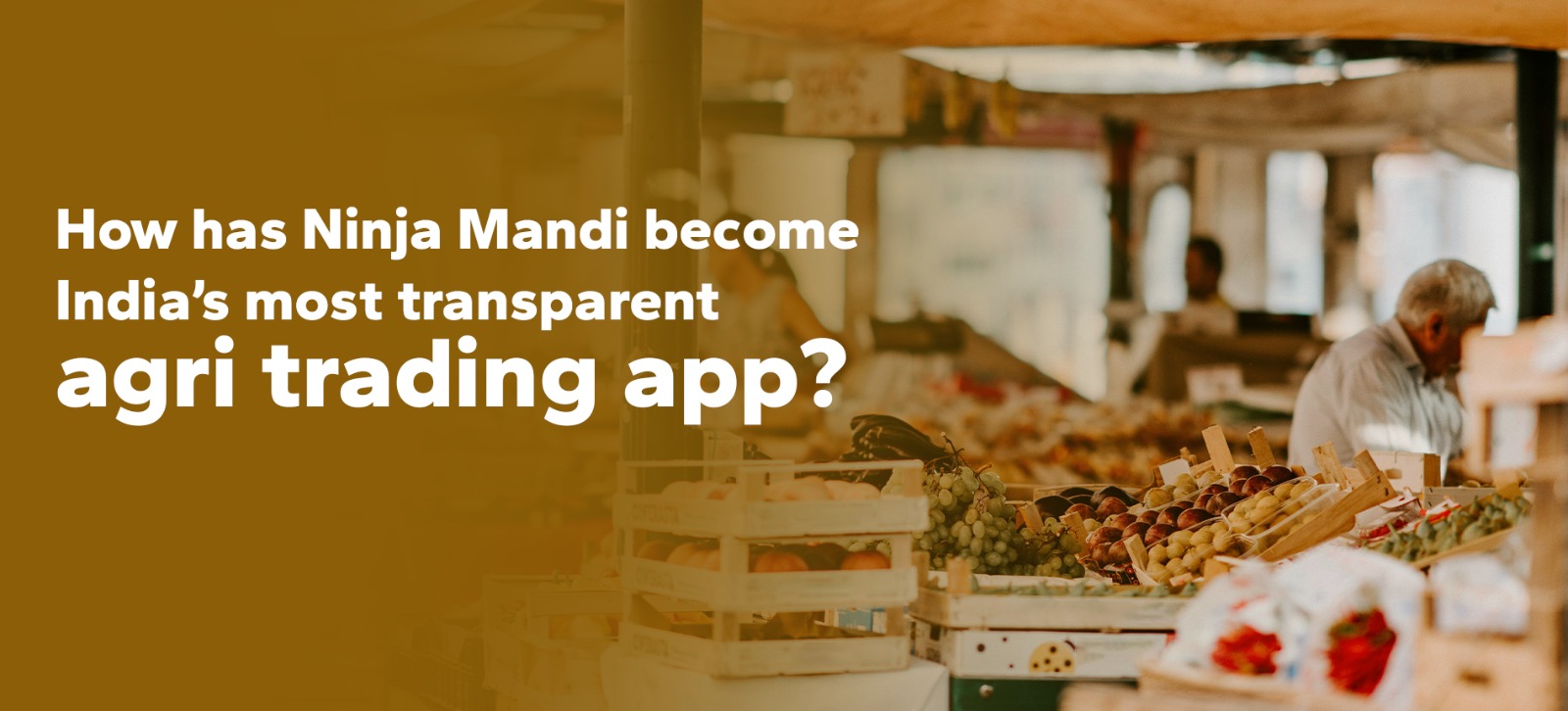
The Future of Farming: How Kisan Jan Dhan Yojana is Shaping Agriculture in India
Author: Mrinal Bhadra
Introduction
Indian agriculture has undergone significant transformations over the decades. With the introduction of various government schemes like the Kisan Jan Dhan Yojana, the landscape of farming is set to evolve further, aiming to address existing challenges and improve the livelihood of farmers. This article delves into how this Kisan Yojana, alongside other initiatives such as the PM Fasal Bima Yojana and PM Kisan Samman Nidhi, is shaping the future of Indian agriculture.
The Evolution of Indian Agriculture
Indian agriculture has been the backbone of the economy, providing sustenance to millions of families. However, the sector has faced numerous challenges, including unpredictable weather, market fluctuations, and limited access to credit. Despite these hurdles, continuous efforts from the government and technological advancements have paved the way for modernizing agricultural practices.
Current Challenges in Indian Farming
Farmers in India grapple with various issues such as inadequate irrigation facilities, lack of access to quality seeds and fertilizers, and financial instability. The introduction of schemes like the Pradhan Mantri Fasal Bima Yojana and PM Kisan Samman Nidhi aims to mitigate these problems and offer a safety net to farmers.
Introduction to Kisan Jan Dhan Yojana
The PM kisan dhan yojana is a pivotal initiative designed to provide financial inclusion and support to farmers. Launched with the objective of ensuring every farmer has access to financial services, this scheme plays a crucial role in stabilizing and empowering the agricultural sector.
The Kisan Jan Dhan Yojana
Overview of the Scheme
The PM-Kisan Scheme aims to integrate farmers into the formal banking system, enabling them to access various financial products and services. This scheme focuses on providing savings accounts, insurance, and credit facilities to farmers, thereby enhancing their financial security.
Objectives and Goals
The primary goals of the pradhan mantri jan dhan yojana are:
To ensure financial inclusion for all farmers
To provide easy access to credit and insurance
To promote savings habits among farmers
To reduce the dependency on informal lending sources
How It Works
Under the Jan Dhan Yojana, farmers can open jan dhan bank accounts with minimal documentation. These accounts are linked to various government schemes, allowing direct benefit transfers and subsidies to reach the farmers efficiently.
Benefits for Farmers
Financial Security: Access to savings accounts and insurance provides a safety net against uncertainties.
Credit Availability: Easy access to credit facilities helps farmers invest in better farming practices.
Direct Benefit Transfers: Subsidies and benefits from schemes like PM Kisan Samman Nidhi are directly credited to the farmers’ accounts, ensuring transparency and efficiency.
Government Initiatives Supporting Farmers
Pradhan Mantri Fasal Bima Yojana
The Pradhan Mantri Fasal Bima Yojana (PM Fasal Bima Yojana) is an insurance scheme aimed at protecting farmers against crop losses due to natural calamities, pests, and diseases.
Objectives
To provide financial support to farmers in the event of crop failure
To stabilize farmers’ income and encourage them to adopt innovative practices
To ensure the flow of credit to the agricultural sector
Impact on Farmers
The scheme has significantly reduced the financial burden on farmers by compensating for crop losses.
It promotes the adoption of better farming techniques, knowing that insurance coverage mitigates risks.
PM Kisan Samman Nidhi
The PM Kisan Samman Nidhi is another crucial initiative that provides direct income support to farmers.
Purpose and Benefits
The scheme offers financial assistance to small and marginal farmers, ensuring a stable income.
It aims to supplement the farmers’ financial needs for procuring inputs and other expenses.
Direct Benefit Transfer
The PM Kisan Samman Nidhi ensures that financial aid is directly transferred to the bank accounts of farmers, eliminating intermediaries and ensuring timely disbursements.
Role of Technology in Modern Agriculture
Digital Banking for Farmers
Digital banking has revolutionized the way farmers manage their finances. With schemes like pmjdy, farmers can access banking services through their mobile phones, making transactions seamless and efficient.
Mobile Apps and Online Platforms
Mobile apps and online platforms provide farmers with real-time information on weather conditions, market prices, and best farming practices. These tools empower farmers to make informed decisions, enhancing productivity and profitability.
Use of AI and IoT in Farming
Artificial Intelligence (AI) and the Internet of Things (IoT) are transforming agriculture by enabling precision farming. AI-powered tools help in predicting crop yields, monitoring soil health, and optimizing resource use, while IoT devices facilitate automated irrigation and pest control.
The Role of Ninjacart
Connecting Farmers with Markets
Ninjacart’s home brand for Farmers– Ninja Kisan plays a vital role in bridging the gap between farmers and markets. By providing a platform where farmers can sell their produce directly to buyers, Ninjacart ensures fair prices and reduces wastage.
Facilitating Government Schemes
Ninjacart also facilitates the implementation of government schemes like the Kisan Jan Dhan Yojana and PM Kisan Samman Nidhi by connecting farmers with financial institutions and government bodies.
Impact on Supply Chain Efficiency
By streamlining the supply chain, Ninjacart enhances the efficiency and reliability of produce delivery, ensuring that fresh and quality products reach consumers in a timely manner.
Future Prospects
Expected Developments in Agricultural Policies
Future agricultural policies are expected to focus on sustainability, technological integration, and enhanced support for farmers. Initiatives like this will continue to play a pivotal role in shaping these policies.
Potential Challenges and Solutions
While advancements are promising, challenges such as climate change, resource scarcity, and market volatility remain. Addressing these issues will require collaborative efforts between the government, private sector, and farmers.
The Vision for Indian Agriculture
The vision for Indian agriculture includes a resilient, sustainable, and technologically advanced sector that ensures food security and improves the livelihood of farmers. Schemes like the PMJDY, PMFBY, and PM Kisan Samman Nidhi are essential in achieving this vision.
Conclusion
In summary, the pradhan mantri jan-dhan yojana, along with other government initiatives like the Pradhan Mantri Fasal Bima Yojana and PM Kisan Samman Nidhi, is significantly shaping the future of Indian agriculture. These schemes provide financial security, enhance productivity, and ensure the well-being of farmers. As we look ahead, the integration of technology and continued support from platforms like Ninja Kisan will be crucial in achieving a prosperous and sustainable agricultural sector in India. The road ahead for Indian farmers is promising, with the potential for growth and success driven by these transformative initiatives.
COMPANY
RECENT POSTS

How Ninja Mandi, an exclusive platform for agri traders and farmers has become the most transparent agricultural trading app in India?
How Ninja Mandi, an exclusive platform for agri traders and farmers has become the most transparent agricultural trading app in

How to Choose the Right Fruit and Vegetable Wholesaler for Your Business
How to Choose the Right Fruit and Vegetable Wholesaler for Your Business Author: Mrinal Bhadra Introduction Choosing the right fruit and

Reasons Why Buying Groceries Wholesale Online Saves You Time and Money
Reasons Why Buying Groceries Wholesale Online Saves You Time and Money Author: Mrinal Bhadra Introduction The modern grocery shopping experience has

The Future of Farming: How Kisan Jan Dhan Yojana is Shaping Agriculture in India
The Future of Farming: How Kisan Jan Dhan Yojana is Shaping Agriculture in India Author: Mrinal Bhadra Introduction Indian agriculture

Revolutionising Agriculture: A Look Back at Ninjacart Hackathon
On April 27th and 28th, 2024, we organised India’s biggest agri-tech hackathon at Ninjacart headquarters in Bangalore.

Meet the data science team
A store representative at a Kirana store is about to catalogue the products that he just received in his database.

